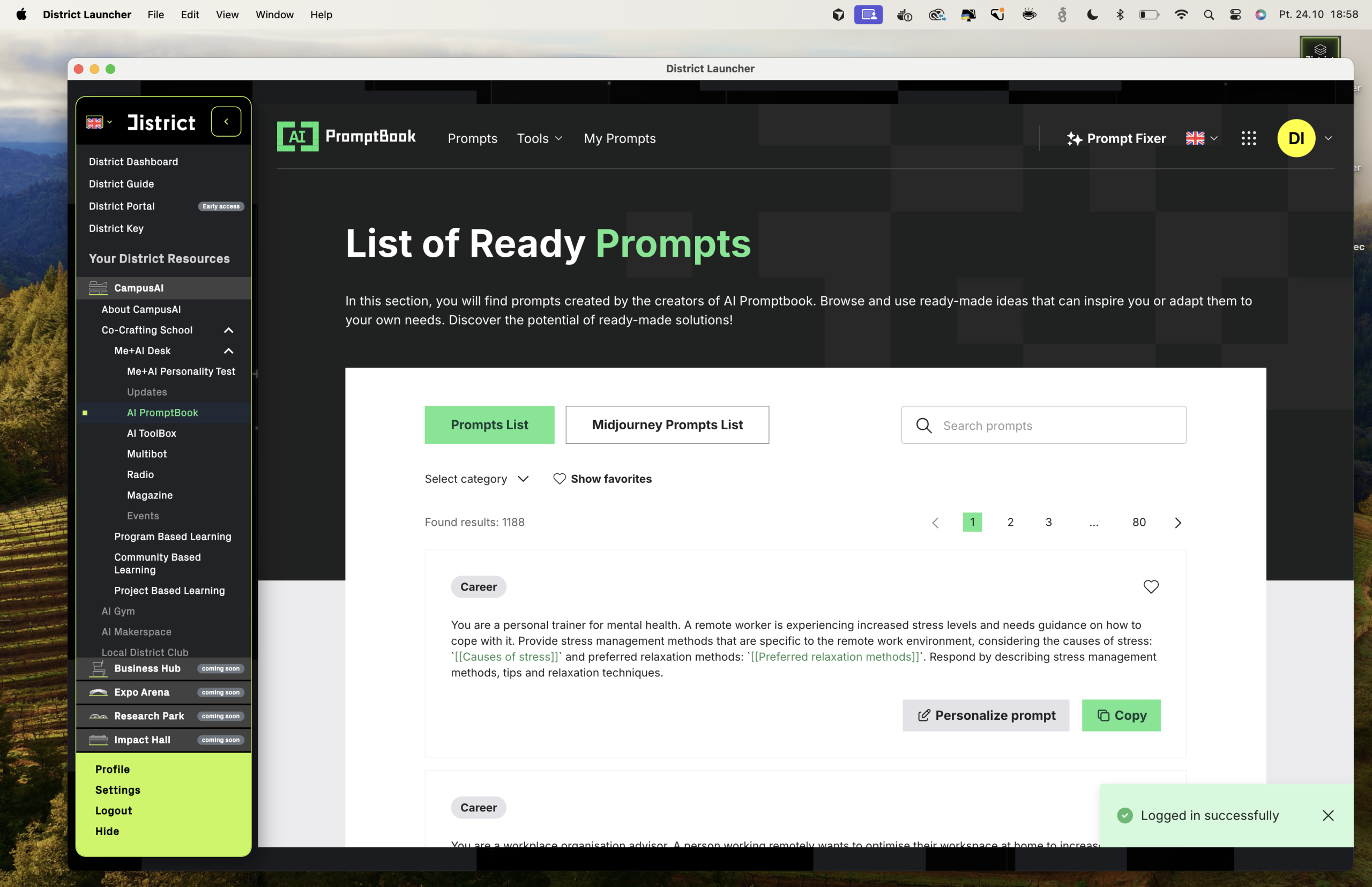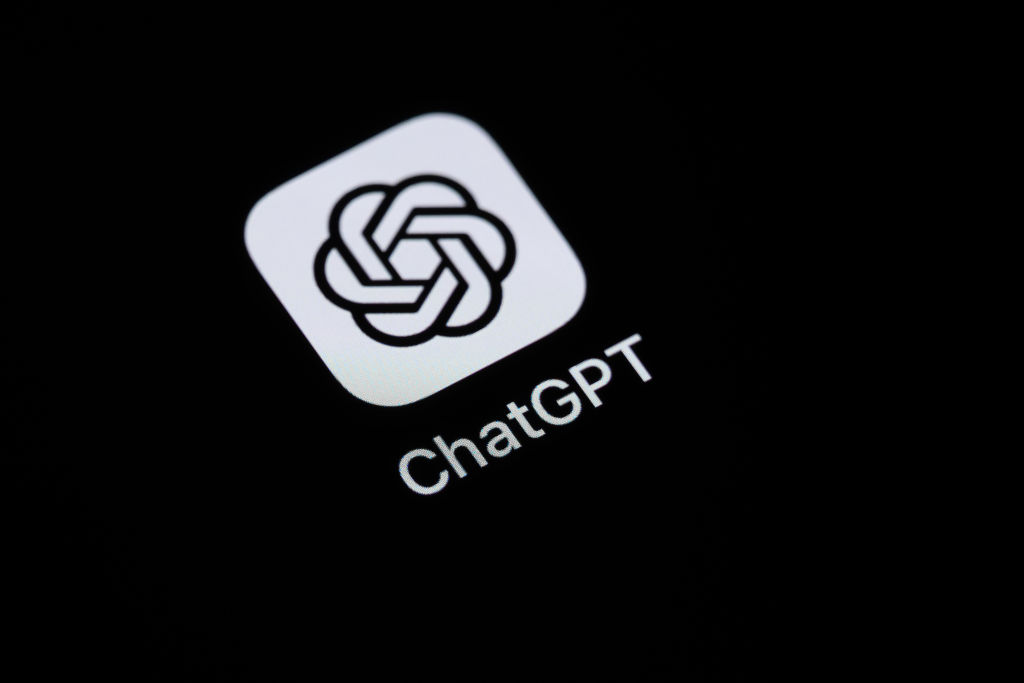
The accelerating pace of artificial intelligence integration into global workplaces has created an urgent imperative for upskilling, revealing a significant disparity between the widespread demand for AI literacy and the available training solutions. As enterprises increasingly mandate or strongly encourage their personnel to master AI tools for enhanced efficiency and competitive advantage, a critical gap has emerged in accessible, non-technical education. This challenge is precisely what CampusAI, a startup headquartered in Warsaw, Poland, aims to address with its innovative, metaverse-infused learning platform. The company is preparing to showcase its vision as a Top 20 finalist in the prestigious Startup Battlefield at TechCrunch Disrupt 2025, a testament to its perceived impact on the future of professional development.
The Imperative for Widespread AI Literacy
The journey of artificial intelligence from academic laboratories to mainstream commercial application has been remarkably swift, particularly with the advent of generative AI technologies like ChatGPT, DALL-E, and Gemini in recent years. These innovations, capable of producing human-like text, images, and other content, have ushered in a new era of productivity tools, prompting a fundamental re-evaluation of how work is performed across virtually all sectors. Businesses, eager to harness the transformative power of AI, are grappling with how to integrate these capabilities without disrupting their existing workforce or incurring prohibitive costs in specialized hiring.
Historically, technological shifts have always necessitated new skill sets. From the industrial revolution demanding mechanical aptitude to the internet age requiring digital fluency, education and training have been the bedrock of workforce adaptation. However, the current AI revolution presents a unique challenge due to its rapid evolution and the perceived complexity of the underlying technology. While a niche market for highly technical AI roles—such as data scientists and machine learning engineers—has flourished, the broader requirement is for "AI users" across diverse professional fields, from human resources and legal departments to sales and marketing. These individuals need practical, intuitive understanding of how to leverage AI as a co-pilot, not necessarily how to build it from scratch. This global demand for practical AI skills underscores a societal pivot towards continuous learning, where the ability to interact effectively with intelligent systems becomes as fundamental as traditional computer literacy.
CampusAI’s Innovative Learning Ecosystem
CampusAI’s core offering is designed to bridge this burgeoning skill gap by making AI knowledge accessible and engaging for non-technical professionals. Aureliusz Gorski, the founder and CEO of CampusAI, highlights the scarcity of market solutions tailored specifically for everyday workers seeking to integrate AI into their daily operational workflows. The platform is structured around a comprehensive online learning ecosystem that prioritizes practical application and user-friendliness, aiming to demystify AI rather than intimidate potential learners.
The solution integrates two primary components: a series of structured courses delivered through an avatar-based learning model and an immersive virtual campus situated within the metaverse. This virtual environment, conceptualized as a "Roblox for adults," extends beyond passive learning, offering users dynamic spaces to practice new skills, network with peers, participate in collaborative community projects, and explore advanced topics. This approach taps into the growing potential of virtual worlds for experiential learning, providing a sandbox where users can experiment with AI tools in a safe, interactive setting. The platform also boasts direct access to an extensive array of popular AI models—including ChatGPT, Gemini, Midjourney, and Flux—eliminating the need for users to manage multiple accounts or subscriptions. A crucial feature of CampusAI’s design is its commitment to currency, with courses updated daily to keep pace with the extraordinarily rapid advancements in AI technology.
Tailored Solutions for Individuals and Enterprises
CampusAI strategically targets both individual consumers and large organizations, recognizing the diverse needs within the AI upskilling market. For individual learners, the "Me+AI" flagship course is offered at $250 annually, providing a personalized learning experience that adapts to the user’s progress and objectives. This direct-to-consumer (D2C) model empowers professionals to proactively enhance their skills in areas such as improving sales strategies, streamlining HR processes, optimizing legal research, or boosting personal branding through AI assistance.
For businesses, the "Team+AI" product represents a more comprehensive, enterprise-grade solution, priced at $25,000 per year. This corporate offering is specifically designed to cultivate an "human plus AI readiness culture" within companies, facilitating a smoother transition into an AI-augmented operational paradigm. The Team+AI program commences with an organizational AI readiness assessment, followed by a dedicated workshop for managers and a broader webinar for the entire workforce. The subsequent weeks focus on crafting personalized development pathways for employees, meticulously adapted to align with specific company goals and departmental requirements. This bespoke approach ensures that training is directly relevant and impactful, whether for an HR expert looking to automate recruitment or a finance professional seeking AI-driven insights.
A Research-Backed Pedagogical Approach
The pedagogical foundation of CampusAI is rooted in robust academic research, specifically the work of Aleksandra Przegalińska, an acclaimed AI researcher and scientific adviser to the company. Her research on human-AI collaboration for optimized business outcomes and complex problem-solving forms the bedrock of CampusAI’s methodology. This approach emphasizes the development of "AI experts" not by teaching them to code, but by honing their ability to craft effective prompting strategies and interact symbiotically with AI systems.
Within the CampusAI environment, students are provided with a comprehensive prompt book, a dynamic repository of prompt examples and a guide to constructing superior prompts for various AI models. Further enhancing this practical training is the "AI Gym," an innovative platform where an AI agent generates targeted exercises and challenges, offering continuous assessment and feedback. This interactive, hands-on learning model aligns with the philosophy that AI should serve as an enhancement to human capabilities, rather than a replacement. As Przegalińska articulates, the goal is to foster an environment where individuals collaborate with AI in multiple modalities—as a teammate, sparring partner, critic, or coach—thereby augmenting their work rather than merely delegating tasks.
Rapid Growth and Strategic Expansion
Since its launch in 2023, CampusAI has demonstrated remarkable market traction, particularly in its home country of Poland. Within its initial two weeks, the company secured over 600 lifetime membership clients, rapidly expanding its user base to 35,000. This early success has translated into substantial enterprise engagement, with CampusAI now boasting 60 corporate clients, including globally recognized brands such as ING, T-Mobile, Lenovo, and Ikea. The company projects an impressive Annual Recurring Revenue (ARR) exceeding $2 million for 2025, underscoring the strong market demand for its offerings.
To fuel its ambitious growth trajectory, CampusAI is currently seeking to raise a $20 million Series A funding round, with the strategic objective of expanding its operations into 40 new markets by 2030. Already offering its programs in Polish, English, and Spanish, the company has recently initiated its expansion into the United Kingdom and the United States, initially focusing on B2B sales before broadening its direct-to-consumer reach. The claimed metrics of a 40% increase in employee efficiency and a 60% boost in job satisfaction among its users, while requiring independent verification, suggest a compelling value proposition that resonates with both individuals and corporate entities navigating the evolving demands of the AI-driven economy.
Beyond formal instruction, CampusAI fosters a vibrant community through "Community+AI," a digital hub where members can connect, exchange insights, and collaborate on projects, such as the "hAI Magazine," an online publication for sector-specific AI applications. This community aspect is vital for sustained learning and peer-to-peer knowledge transfer, reinforcing the platform’s long-term utility.
The Metaverse as a Frontier for Institutional Transformation
A distinct and increasingly significant component of CampusAI’s value proposition lies in its digital twin technology. Moving beyond merely hosting its own virtual campus, the company aims to build and license digital replicas of physical university campuses, corporate showrooms, government institutions, and company headquarters for exclusive organizational use. These custom digital twins, starting at $100,000 per year, offer an unparalleled level of immersion and personalization for training, collaboration, and even virtual events.
This innovative approach has already garnered significant institutional backing. CampusAI recently secured €18 million from the European Commission, a substantial investment that will facilitate collaborations with 11 universities across 10 European countries, including Greece, Spain, the U.K., France, Luxembourg, and Germany. These partnerships are focused on developing bespoke digital twins and customized learning environments tailored for university students, providing an avant-garde educational experience.
Gorski envisions these university collaborations as pivotal launchpads for localized innovation hubs, drawing on his extensive seven-year tenure at the Cambridge Innovation Center, where he spearheaded over ten programs to cultivate Warsaw’s burgeoning startup ecosystem. These virtual environments are designed to act as catalysts, fostering local communities and virtual districts that ultimately evolve into specialized social platforms for entrepreneurs and innovators. This strategic focus on building robust local ecosystems is a conscious effort to counteract the increasing dominance of large technology conglomerates, ensuring that innovation remains distributed and accessible, rather than concentrated within a few major players. The concern about big tech consolidating more solutions within their own ecosystems, as evidenced by developments from companies like OpenAI, highlights the urgency of CampusAI’s mission to empower a broader, more diverse pool of talent.
As CampusAI prepares to present its groundbreaking work at TechCrunch Disrupt 2025, its journey underscores a pivotal moment in workforce development. By making AI education accessible, engaging, and deeply integrated into practical applications, CampusAI is not just selling a product; it is advocating for a future where every professional can confidently navigate and harness the power of artificial intelligence.






